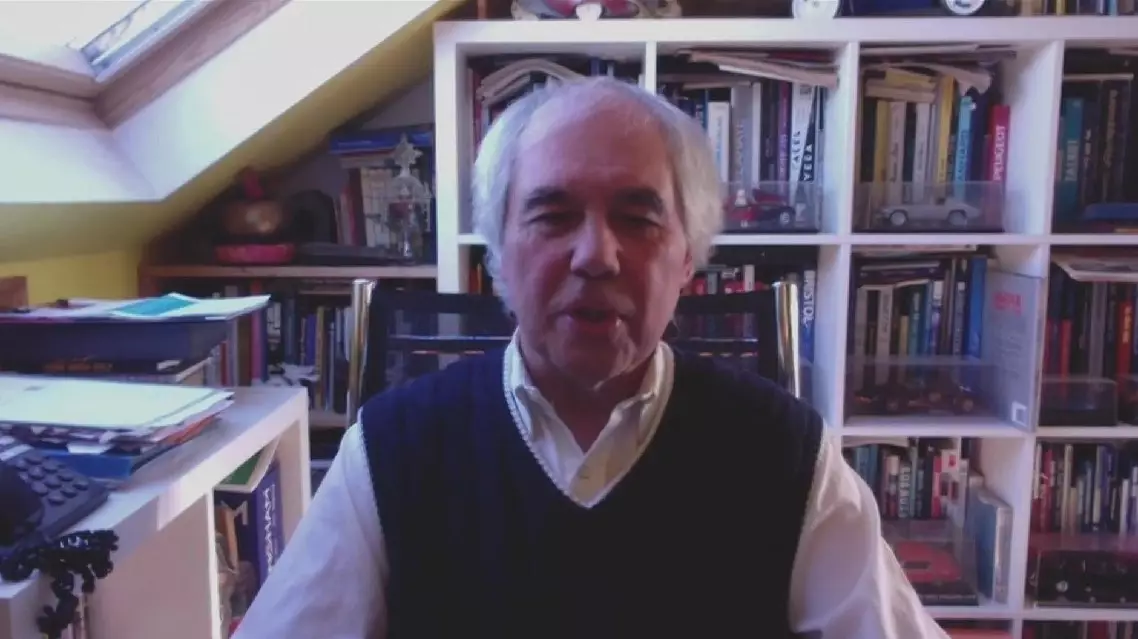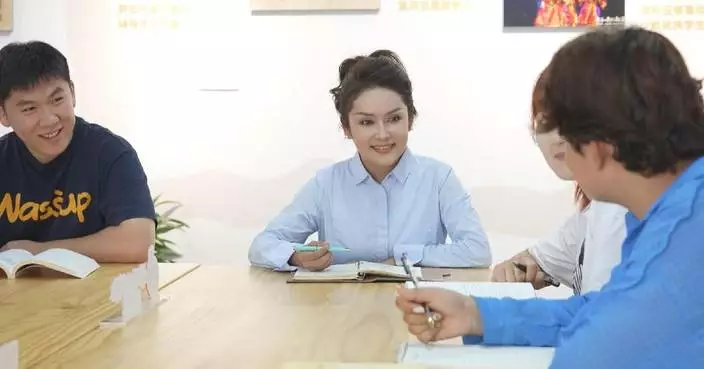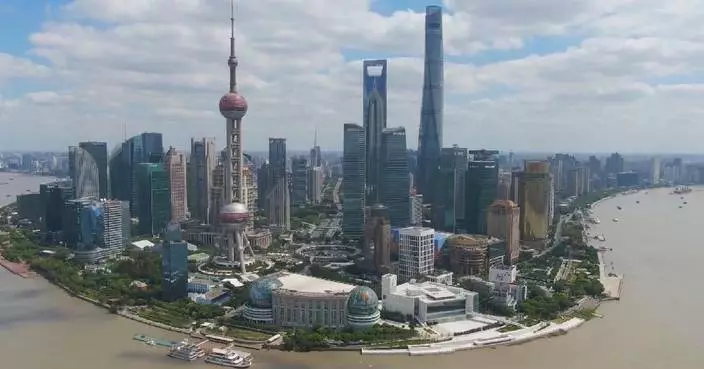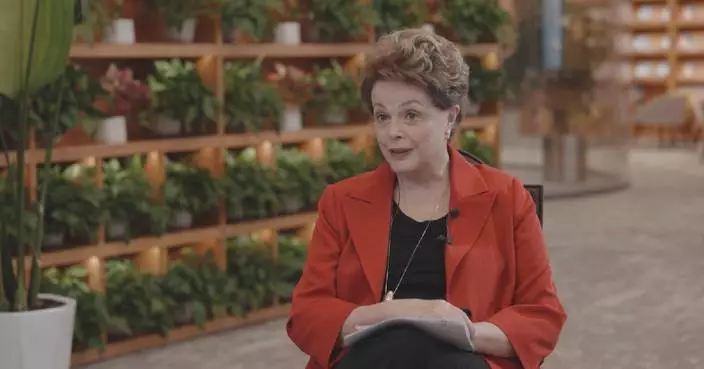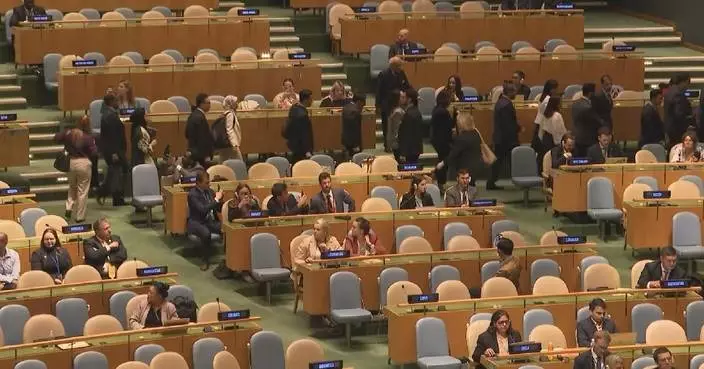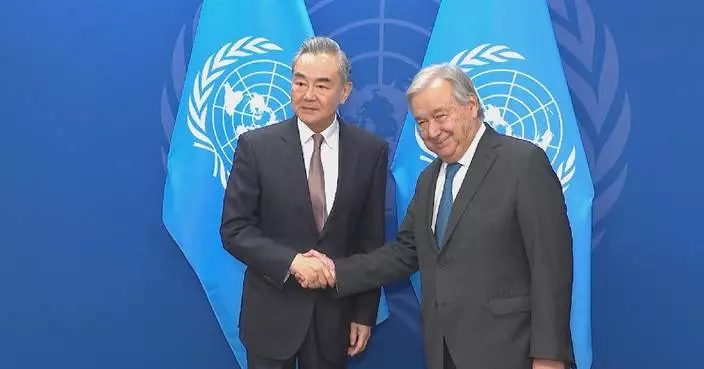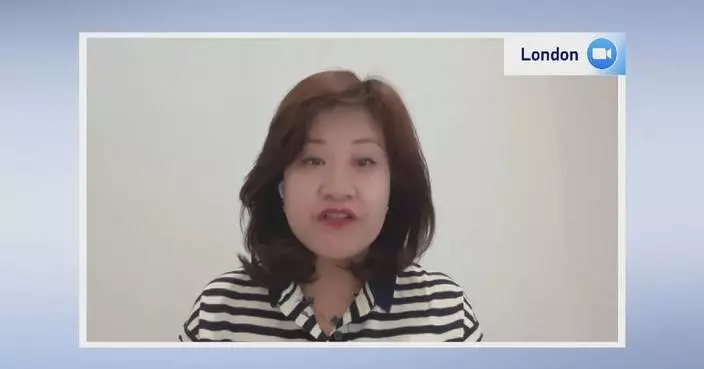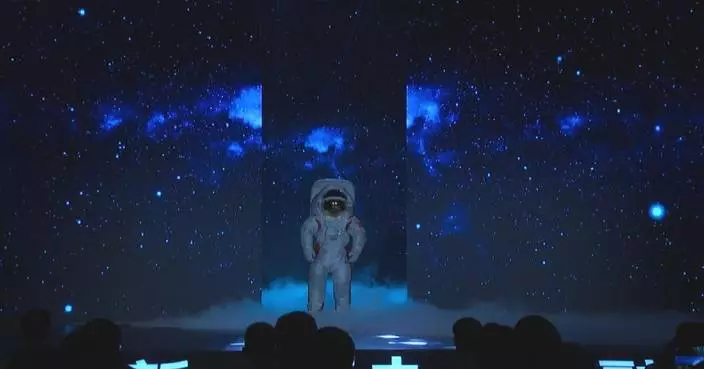The fifth High-Level Environment and Climate Dialogue between China and the European Union (EU) was held Tuesday in Brussels, with both sides agreeing to deepen green cooperation.
Chinese Vice Premier Ding Xuexiang and Executive Vice President of the European Commission Maros Sefcovic jointly held the dialogue.
Ding, also a member of the Standing Committee of the Political Bureau of the Communist Party of China Central Committee, said that in recent years, Chinese President Xi Jinping and EU leaders have frequently held meetings and reached a lot of consensus on enhancing China-EU cooperation in green transformation.
Ding noted that China has consistently recognized Europe's crucial role in the multi-polar world and regards the EU as an important priority for China's major-country diplomacy with Chinese characteristics and also as an important partner for achieving Chinese modernization.
Ding called for implementing the important consensus reached by Chinese and EU leaders, pushing for more fruitful cooperation on green transformation, and consolidating the momentum of stable and sound China-EU relations.
Ding pointed out that China has firmly implemented its national strategy to address climate change, achieving remarkable results in green and low-carbon development. He noted that China has become an important participant, contributor, and leader in the construction of global ecological civilization.
Ding said that China has announced that it will peak carbon dioxide emissions by 2030 and achieve carbon neutrality by 2060. This commitment has been integrated into the overall framework of China's ecological civilization construction, as well as the country's economic and social development. A series of practical measures have also been formulated and implemented to ensure the realization of these goals on schedule.
Highlighting that China and the EU share extensive common interests and broad space for cooperation in green transformation, Ding emphasized that both sides should fully leverage the high-level dialogue mechanism, seek common ground while setting aside differences, maintain the positive momentum of environmental and climate cooperation, and deepen the China-EU green partnership.
Ding called on both sides to tap the potential for cooperation in key areas and strengthen mutual learning in areas such as green energy, green and low-carbon technologies, plastic pollution control, and chemical environmental management, adding that both sides should focus on building consensus on cooperation in multilateral processes, continue to play a positive and constructive role together, practice real multilateralism, and join hands in building a community for all life on Earth.
Ding emphasized that electric vehicles are a landmark product of the green and low-carbon energy transformation, and the EU's plan to impose additional duties on imports of Chinese electric vehicles is "typical protectionism".
It is not conducive to the EU's green transformation and would undermine the global cooperation on climate change, he said.
Ding voiced his hope that the EU will enhance the consistency of its policies on environmental, climate, and economic and trade cooperation with China. He stressed the importance of avoiding economic and trade frictions that could delay the green transition process and urged against establishing green barriers that would interfere with normal economic and trade cooperation.
The two sides should resolve trade frictions through dialogue and China is firm in its resolve to safeguard its legitimate and lawful interests, he said.
Sefcovic said China has a pivotal influence in global affairs, and maintaining good relations with China is of great importance to the EU. He appreciated China's strong measures and notable results in promoting green and low-carbon development.
He noted that the EU side is willing to deepen cooperation with China in areas such as tackling climate change and protecting the ecological environment, and to work together to ensure the success of the 29th session of the Conference of the Parties to the United Nations Framework Convention on Climate Change, thereby leading global environmental and climate governance.
Sefcovic also noted that the EU attaches great importance to the development of the electric vehicle industry and is willing to properly handle differences with China through dialogue.
The relevant departments of both sides engaged in dialogue and exchanges on issues such as addressing climate change and protecting the ecological environment. They reviewed the outcomes of practical cooperation since the fourth high-level dialogue and discussed the next steps for collaboration.
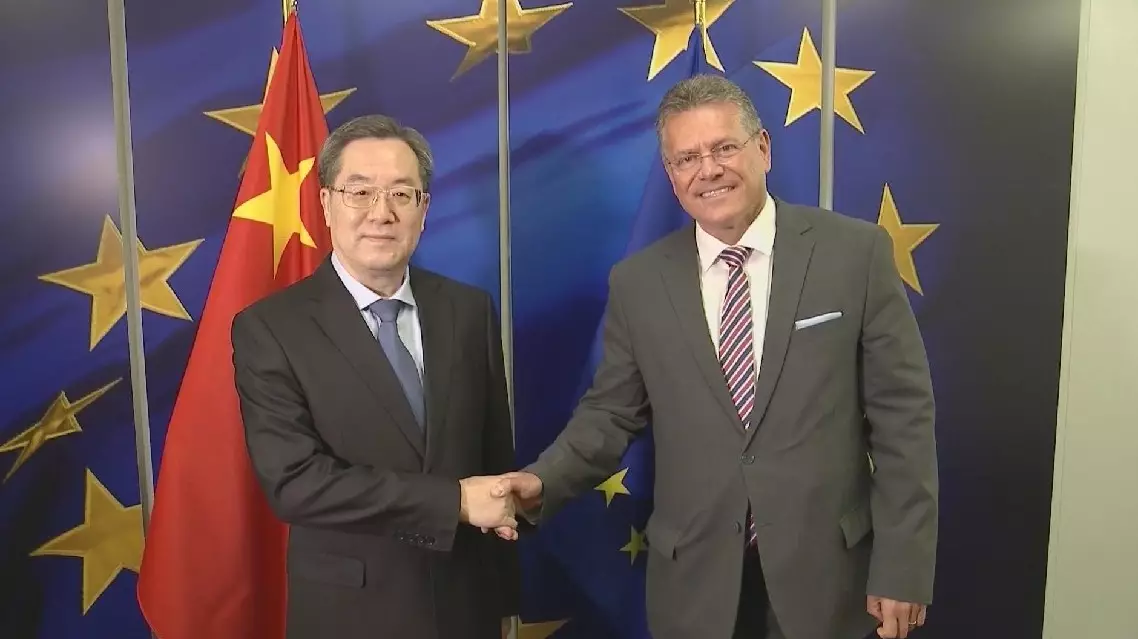
China, EU hold environment, climate dialogue


